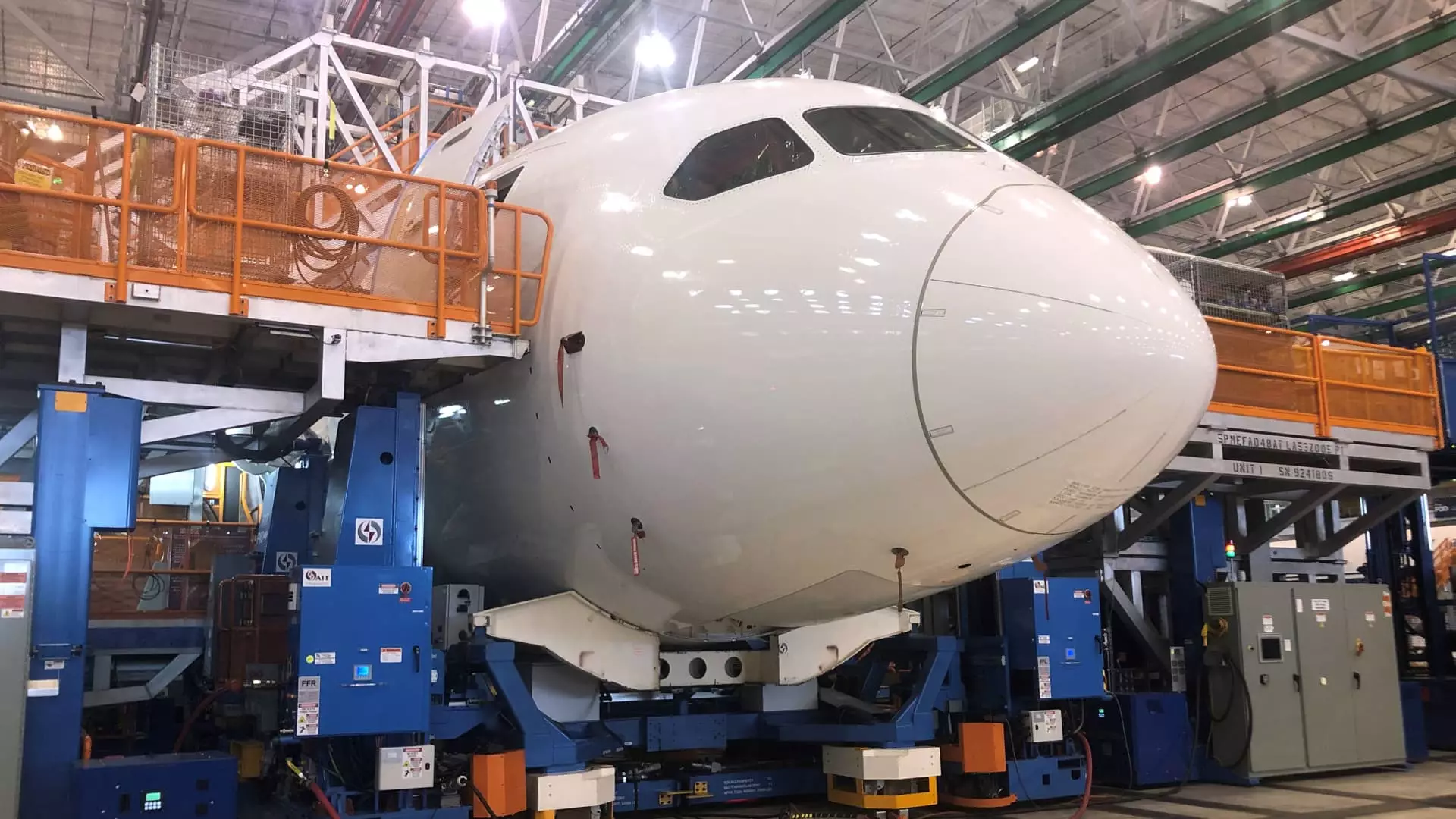In a recent announcement to its employees, Boeing revealed that it anticipates a delay in the ramp-up of production and deliveries of its new 787 Dreamliner planes due to shortages of critical parts from suppliers. This setback comes on the heels of a series of challenges that have plagued Boeing’s production lines, including quality problems and supply chain disruptions.
The slowdown in the production of 787 Dreamliner planes follows a similar pattern seen with the 737 Max planes, which experienced delays and reduced output following a safety incident earlier this year. Additionally, Boeing had been working to address quality issues that led to a suspension of 787 Dreamliner deliveries for nearly two years. These challenges have had a lasting impact on Boeing’s ability to meet customer demand and maintain a steady production rate.
Efforts to Improve Production System
Despite the challenges posed by supplier shortages, Boeing remains committed to enhancing the overall health of its production system. In a memo to employees at Boeing’s South Carolina 787 plant, Scott Stocker, the vice president and general manager of the 787 program, outlined a series of initiatives aimed at improving safety, quality, training, and workflow efficiency. These efforts are geared towards optimizing production processes and ensuring that teams have the necessary resources to excel in their roles.
While supplier shortages have necessitated a revision of Boeing’s production timeline, the company remains determined to gradually increase the production rate of 787 Dreamliner planes to meet growing demand. Despite the current challenges, Boeing had set ambitious targets for production output, with plans to scale up from five planes per month to ten planes per month in the near future. This indicates Boeing’s confidence in the long-term viability and market appeal of its flagship aircraft models.
Boeing’s production of 787 Dreamliner planes has been impacted by supplier shortages, leading to a slowdown in the rate of production and deliveries. However, the company is actively working to address these challenges and implement improvements in its production system to ensure long-term success and meet customer demand. The resilience and adaptability of Boeing as a leading aircraft manufacturer will be crucial in overcoming these obstacles and maintaining its competitive edge in the aviation industry.

